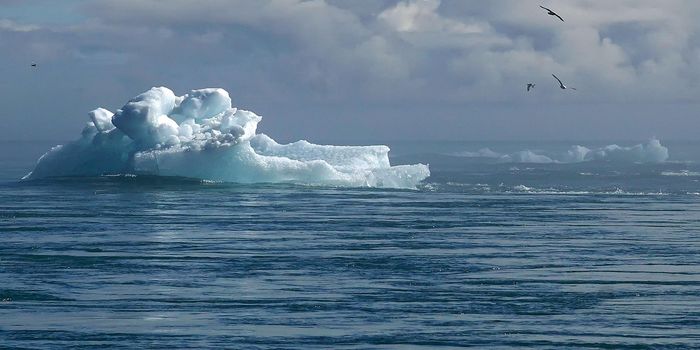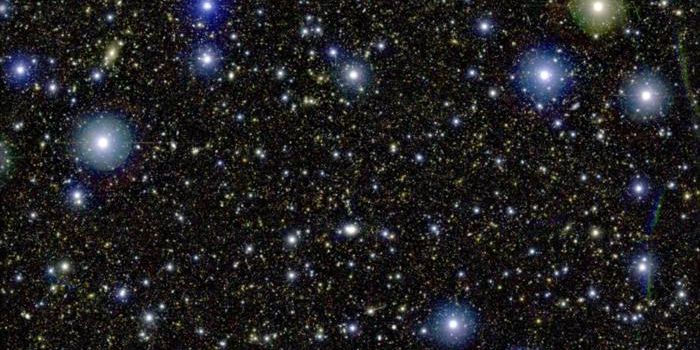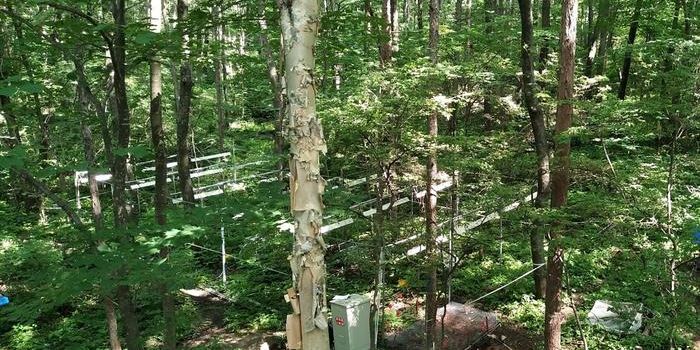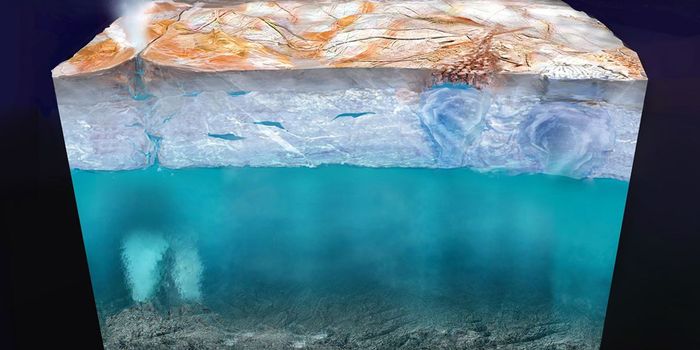Volcanic Eruptions Can Help Us Better Understand the Climate
An international team of researchers led by the University of Bath studied the atmospheric response to the January eruption of the Hunga Tonga-Hunga Ha’apai volcano in hopes of unlocking ways to better predict the weather and changing climate, the likes of which has never been recorded. The study was recently published in Nature.
One of the co-authors was Matthew Barlow, a professor of environmental, earth and atmospheric science at the University of Massachusetts (UMass) Lowell. He used satellite data to create an animated video summarizing the effects of the volcanic blast, which saw atmospheric waves pulse around the Earth several times stretching from Earth to the edge of space, some reaching speeds of 720 mph. The event also catapulted a plume consisting of water vapor, volcanic ash, soil, and smoke, 31 miles into the air.
"Some of the wave types the Hunga Tonga generated are very important to understanding how the atmosphere works and our ability to make effective computer models for weather forecasting and climate projections," said Barlow, who is a faculty member in UMass Lowell's Climate Change Initiative. "Through the expulsion of particles into the high atmosphere, some strong eruptions can also have a cooling effect on the climate, though the amount produced by Hunga Tonga does not appear sufficient for a notable climate effect, unlike other volcanic eruptions over the last century, like the Pinatubo eruption in Alaska in 1991."
Barlow said the Hunga Tonga blast appears to be the strongest single burst of volcanic energy released in 140 years, since the eruption of Indonesia’s Krakatoa volcano in 1883. Because of incredible advances in satellite imagery, the strength of this most recent eruption gave scientists an unprecedented observation of atmospheric waves, allowing Barlow and his fellow scientists to analyze the eruption’s effects in near-real time communication with agencies across the world.
Sources: Nature
As always, keep doing science & keep looking up!









